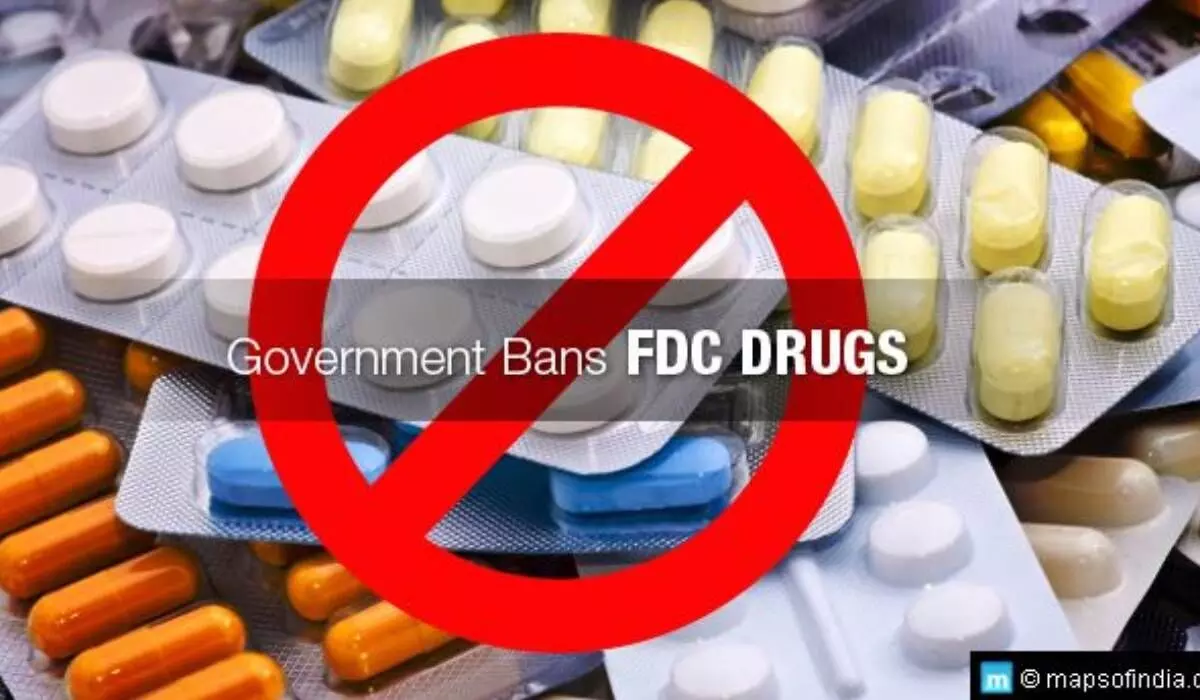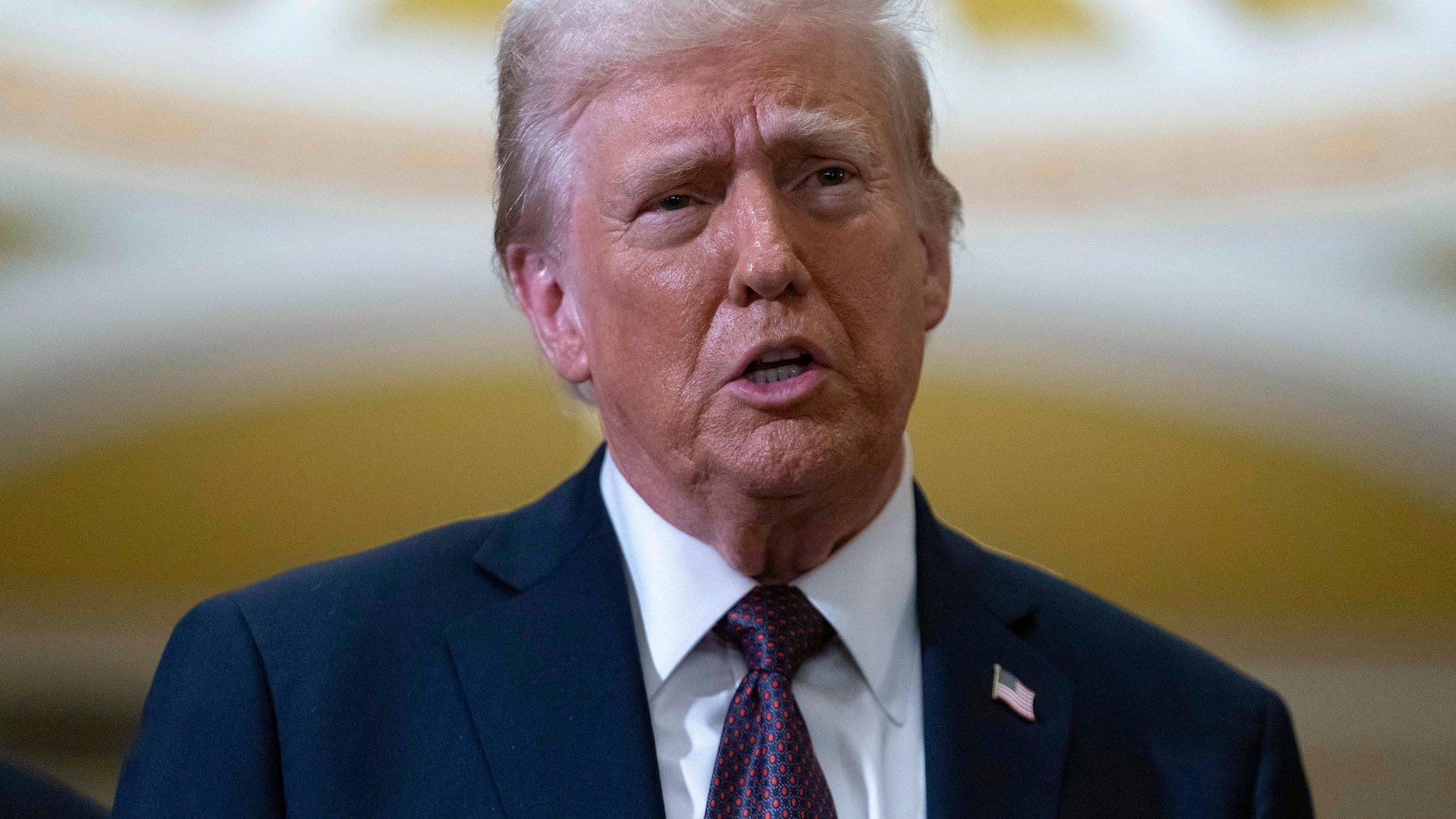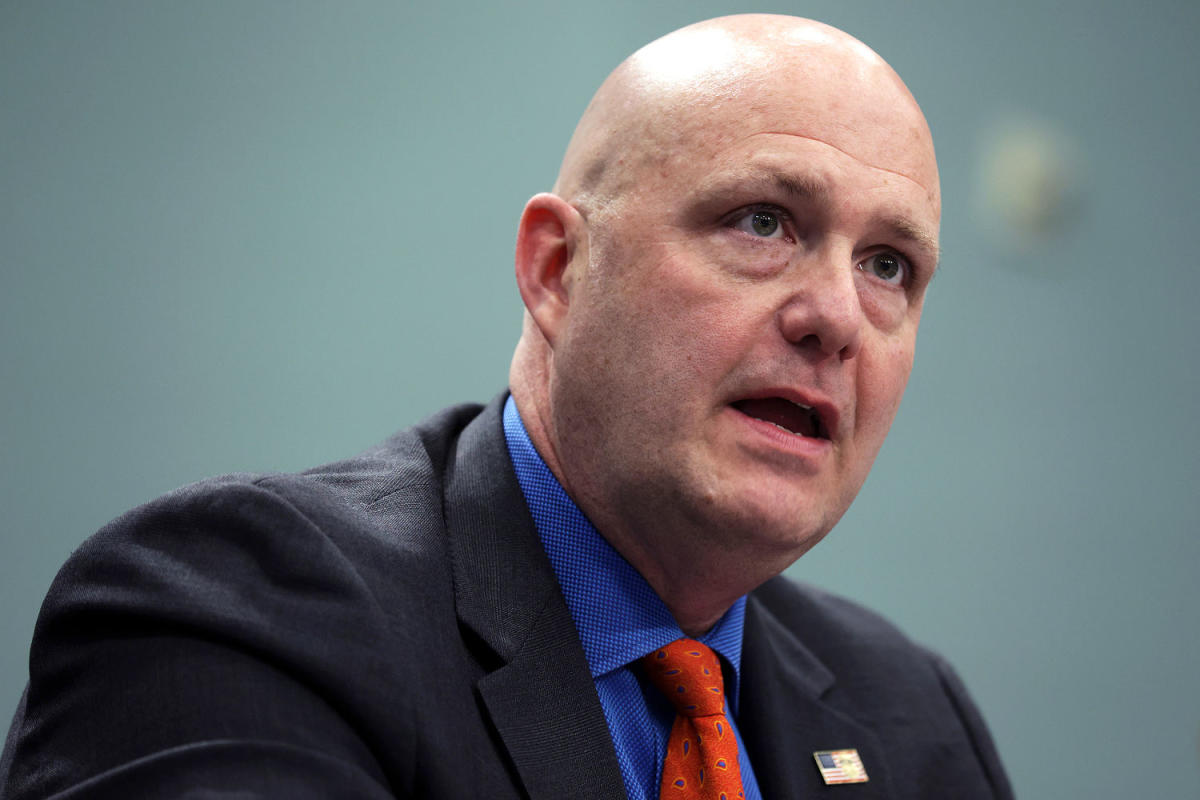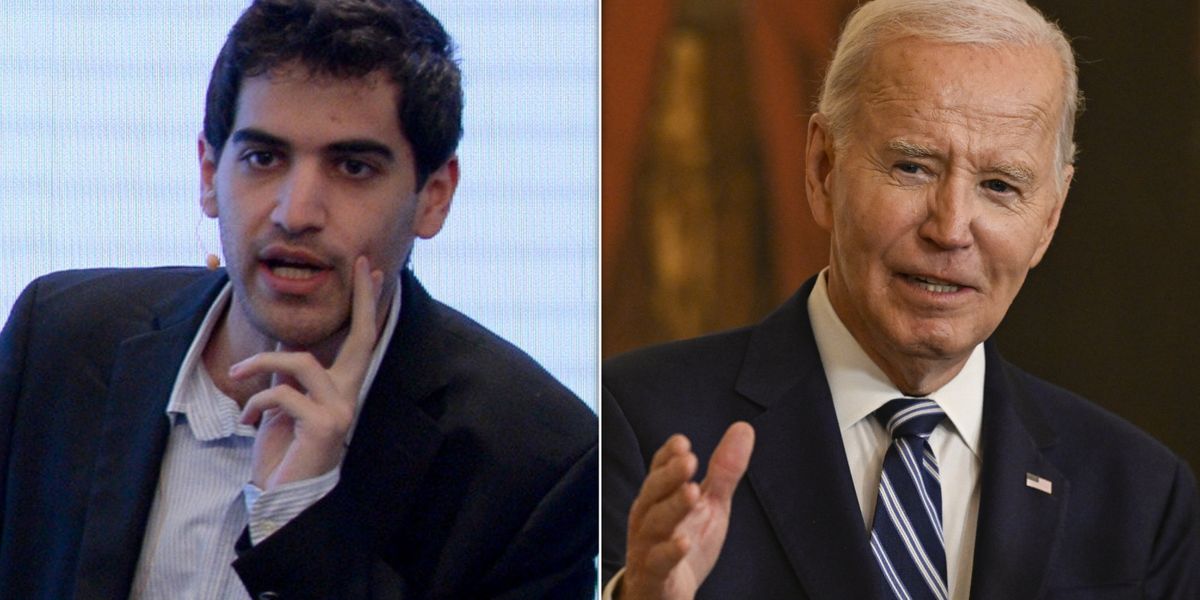Understanding the Complex Challenges in India’s Medicine Regulation and Pharmaceutical Industry
In recent years, India’s pharmaceutical landscape has faced growing concerns about the regulation, safety, and approval of medicines. While the government has imposed a ban on over 150 medicines, including household names like Dolo 650, Vicks, and Crocin, issues of corruption, weak enforcement, and unethical industry practices continue to undermine efforts to protect public health. This article explores the multifaceted challenges surrounding medicine bans, Fixed-Dose Combinations (FDCs), corruption, and the influence of pharmaceutical companies in India.
The Issue with Fixed-Dose Combinations (FDCs)
A primary target of the government’s recent medicine ban are Fixed-Dose Combinations (FDCs). These combinations involve mixing multiple medicines into one pill, often marketed as a more effective solution. However, many FDCs lack solid scientific evidence proving their effectiveness. Drugs like Dolo Cold and Vicks Action 500 Cold are examples of FDCs that combine several active ingredients with no clear therapeutic advantage. These products are often marketed to appeal to consumers, even though they may not be any more effective than individual medicines.
Despite the lack of scientific backing, many pharmaceutical companies continue to sell these FDCs, which may sometimes include harmful or unnecessary chemicals, putting patients at risk. The government’s attempt to regulate FDCs highlights a crucial issue in the pharmaceutical sector: the prioritization of marketing over medical efficacy.
Corruption in Drug Approvals and the Impact on Public Health
One of the major concerns highlighted in the Indian pharmaceutical industry is the corruption within the approval process. Pharmaceutical companies sometimes bypass government regulators to push their drugs onto the market. These drugs, which may later be banned, can have serious health consequences for millions of Indians, especially when they remain available due to legal loopholes or inefficient enforcement.
Read how corruption : https://newsstay.in/corruption-in-medicine-approval-how-dangerous-drugs-reach-the-market/
The entire process is often influenced by corruption, where companies might bribe or use their influence to circumvent regulations. This allows dangerous or ineffective drugs to enter the market, despite evidence of their harmful effects. The impact on public health is devastating, as these drugs can continue to be sold openly, exposing patients to unnecessary risks.
The Role of Doctors and Pharmaceutical Companies
Another troubling issue raised is the relationship between doctors and pharmaceutical companies. Many pharmaceutical companies incentivize doctors to prescribe their products by offering gifts, travel perks, and financial incentives. This practice leads to the prescription of expensive or unnecessary medications, which may not always be the best choice for the patient’s health.
This unethical practice has serious consequences for patients, who may be encouraged to purchase drugs that are not only overpriced but sometimes ineffective or harmful. It also compromises the medical profession’s integrity, as doctors may prioritize financial incentives over patient well-being.
Challenges in Regulating Banned Medicines
Weak Regulations in India: The Ongoing Sale of Banned Medicines : https://newsstay.in/weak-regulations-in-india-the-ongoing-sale-of-banned-medicines/
Despite government bans on certain drugs, the process of enforcing these bans is often ineffective. Pharmaceutical companies can challenge the ban in court, prolonging the availability of harmful medicines in the market. These legal appeals can delay or reduce the impact of medicine prohibitions, meaning banned drugs often remain in circulation for a considerable time.
Distributors, too, play a crucial role in circumventing bans. Even when medicines are officially banned, distributors can continue to sell remaining stock or find other ways to make these drugs available. This highlights the regulatory loopholes and enforcement delays that allow dangerous drugs to stay on the market despite legal efforts to protect public health.
The Need for Stronger Enforcement and Regulation
India’s current regulatory framework faces numerous challenges in effectively removing unsafe drugs from the market. Stronger oversight, faster court rulings, and more stringent penalties for violations are necessary to ensure that banned medicines are swiftly taken off the shelves. Regulatory bodies like the Central Drugs Standard Control Organization (CDSCO) must be better equipped to handle the scale of the pharmaceutical market and ensure that all drugs meet rigorous safety standards.
In addition, greater transparency and accountability are needed at all levels of the pharmaceutical industry, including drug manufacturing, approval, and distribution. This will help eliminate corruption and unethical practices, ensuring that public health is prioritized over profit.
Conclusion
The challenges in India’s pharmaceutical industry are vast and deeply rooted in issues of regulation, corruption, and unethical industry practices. While the government’s recent ban on over 150 medicines, including many FDCs, is a step in the right direction, much more needs to be done to ensure the safety and efficacy of drugs in the country. By strengthening regulatory enforcement, addressing corruption, and ensuring ethical practices in the healthcare sector, India can take crucial steps toward improving public health and restoring trust in its pharmaceutical industry.
Consumers must remain vigilant and consult healthcare professionals to avoid unnecessary risks from substandard or banned medicines.







Leave a Reply